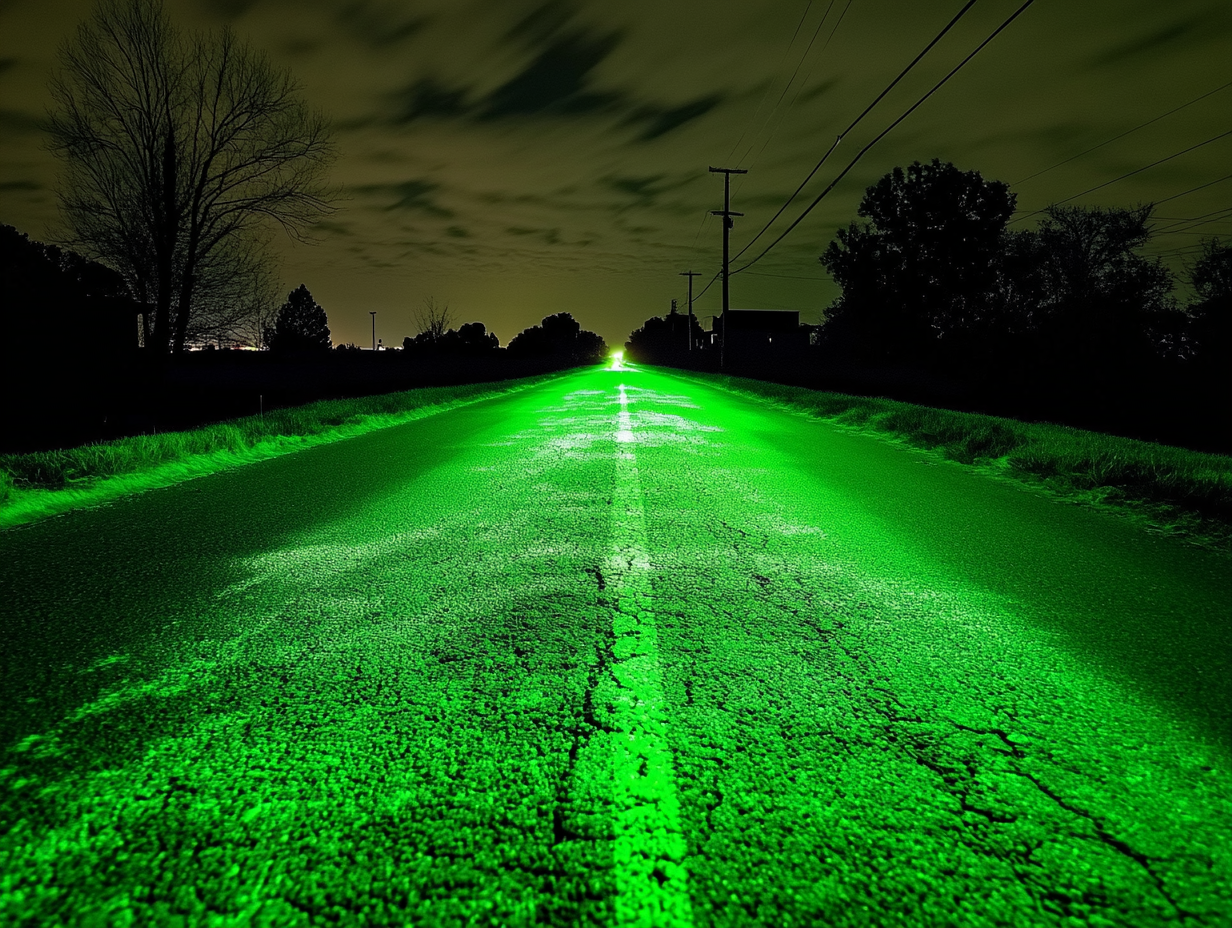Leave it to the Biden administration’s EPA to push the boundaries of irony. After years of touting their commitment to public health and the environment, the agency has greenlit a Florida project that will use radioactive waste—yes, radioactive waste—to construct roads. You can’t make this up.
The project, spearheaded by Mosaic Fertilizer LLC, involves mixing phosphogypsum, a byproduct of phosphate fertilizer production, into road materials. For those unfamiliar, phosphogypsum is no ordinary waste. It contains radium, which decays into radon, a radioactive gas linked to thousands of lung cancer deaths annually. Normally, this toxic substance is stored in engineered stacks to limit exposure under the Clean Air Act. But hey, why keep it safely contained when you can pave roads with it?
The EPA insists the risks are “low,” citing multiple modeling efforts that supposedly show minimal harm. Yet environmental experts and activists aren’t convinced. Ragan Whitlock from the Center for Biological Diversity warned that the project “dramatically increases the potential for harm to our road crews and water quality.” And let’s be honest—when has trusting government models ever gone wrong?
A 2022 peer-reviewed study in Heliyon outlined the environmental hazards of phosphogypsum, noting its potential to damage soil, water systems, and air quality. The report highlighted how radon and other harmful substances can leach into nearby areas, spreading pollution. So why would the EPA, of all agencies, gamble with something so clearly hazardous?
Here’s a clue: Mosaic Fertilizer is a major player in Florida’s phosphate industry. Could it be that political and corporate interests have managed to trump common sense and public safety? Florida may gain some roads, but at what cost? Groundwater contamination, environmental degradation, and increased health risks don’t seem like a fair trade.
Even if the initial pilot project is on private property, this move sets a dangerous precedent. Will radioactive waste become the new eco-friendly asphalt? At a time when environmental concerns are front and center, this decision feels less like innovation and more like a page out of a bad dystopian novel.
The EPA’s approval of this project isn’t just a misstep; it’s a betrayal of their mission. Instead of protecting Americans from environmental harm, they’re rolling out a red carpet for it. Let’s hope this radioactive experiment doesn’t turn Florida’s roads into glowing cautionary tales.


Leave a Comment